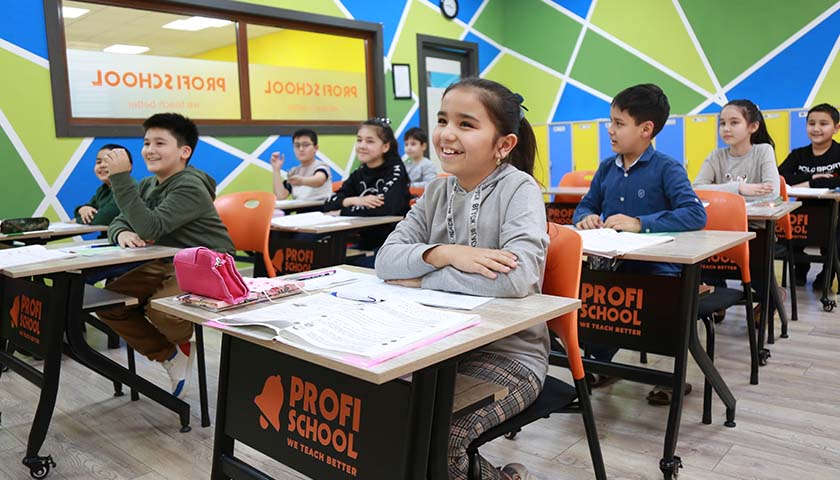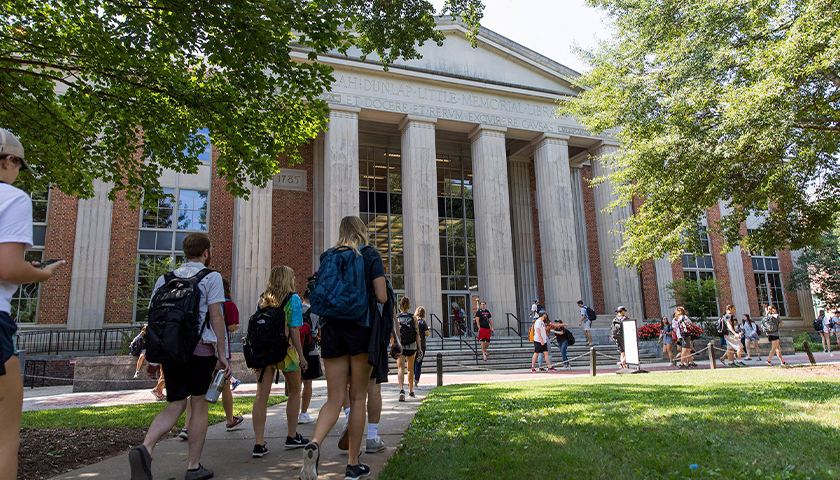A recent study shows that roughly one-third of American K-12 students in the 2023-2024 academic school year are behind their grade level in a variety of subjects.
As Axios reports, the data was compiled by the National Center for Education Statistics (NCES) through their “School Pulse Panel,” a survey of almost 4,000 grade schools that are considered nationally representative. The data from June of 2024, taken from the responses of 1,651 schools, shows that there has been virtually no change from the 2021-2022 school year, when 33% of students were learning at a level that was below their actual grade.
Read More






